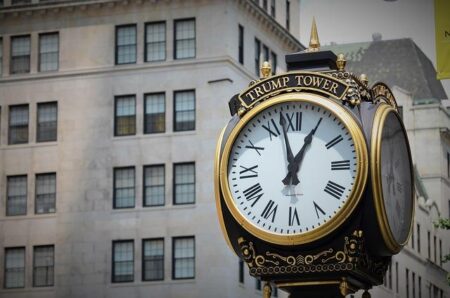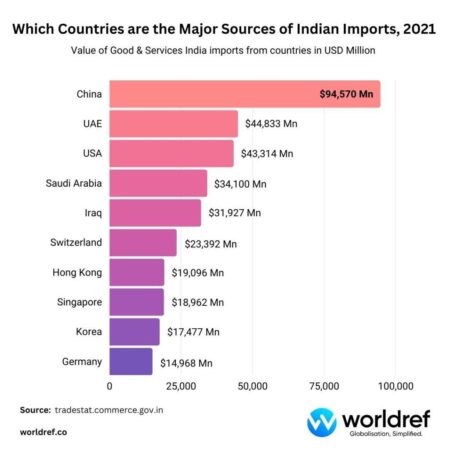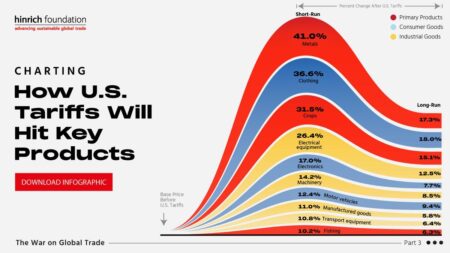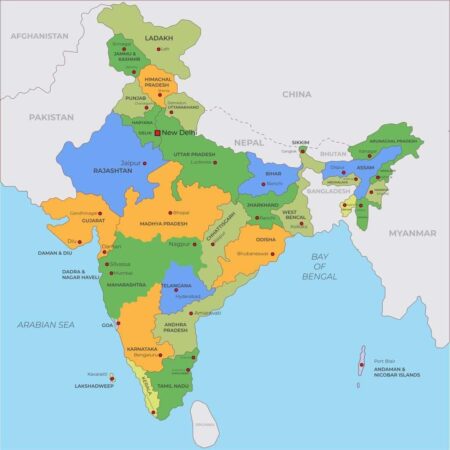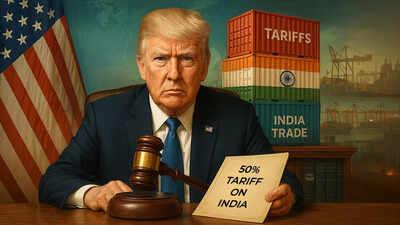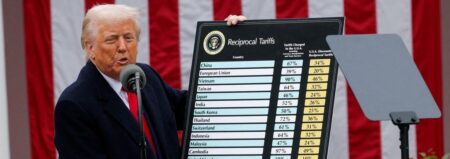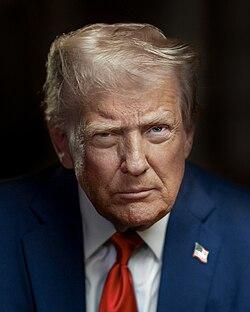China and Canada are ready to breathe new life into their trade partnership after challenges posed by US tariffs. Both nations are committed to strengthening ties and exploring exciting new economic opportunities in today’s fast-evolving global trade arena
Browsing: US tariffs
Bank of England Governor Mark Carney is gearing up for a pivotal visit to China, where he will engage in crucial talks with President Xi Jinping. Their discussions aim to address mounting trade tensions amid rising U.S. tariffs and growing concerns over a slowing global economy, Bloomberg reports
Former President Donald Trump has delivered a sharp warning that the US could “very quickly” ramp up tariffs on India if it continues purchasing Russian oil, intensifying trade tensions amid ongoing geopolitical conflicts, The Kyiv Independent reports
Former US President Donald Trump and Brazilian President Luiz Inácio Lula da Silva recently joined forces over the phone to address urgent matters such as US tariffs on Brazil and potential sanctions, showcasing their mutual dedication to easing trade tensions and strengthening the bond between their nations
India has launched a dynamic $5 billion support package aimed at empowering exporters struggling under steep U.S. tariffs. This bold move seeks to fortify supply chains and safeguard trade amid rising global protectionism, officials reveal
The US is gearing up to slash tariffs on Indian imports to 15%-16%, marking a bold move to ease trade tensions and turbocharge bilateral commerce, according to a recent India Today report. This strategic decision aims to deepen economic ties and ignite stronger cooperation between the two nations
Brazil’s beef exports to China skyrocketed by 38% in September, driven by US tariffs that have made American meat less competitive, Reuters reports. This dramatic surge highlights the shifting dynamics of global trade amid ongoing US-China tensions
The US has intensified trade pressure by imposing fresh tariffs on Chinese furniture imports and expanding its blacklist of Chinese companies, heightening tensions amid rising concerns over national security and unfair trade practices
The US is preparing to impose new tariffs on pharmaceutical imports, kitchen cabinets, furniture, and heavy trucks, intensifying trade tensions. Stay tuned for live updates on how this bold move will impact industries and ignite reactions across the board
A Trump adviser directly linked US tariffs on India to the Russia-Ukraine conflict, boldly calling it “Modi’s war.” This provocative statement highlights the escalating tensions driven by trade battles and geopolitical rivalries, as reported by BBC
India’s Prime Minister Narendra Modi is set for a historic encounter with China’s Xi Jinping and Russia’s Vladimir Putin during his first visit to China in seven years, as rising US tariffs continue to transform the global trade landscape
Steep US tariffs on Indian goods are set to take effect this Wednesday, zeroing in on key exports and ramping up trade tensions. Sources speaking to Reuters reveal that industries like steel, aluminum, and textiles are bracing for a significant impact
India will continue to secure oil from the most competitive suppliers, stressed the Indian envoy, who strongly criticized US tariffs as “unfair” and “unjustified.” This powerful declaration underscores India’s steadfast determination to meet its energy demands despite escalating global tensions
A looming 50% US tariff on vital Indian goods threatens to derail India-US trade talks, casting a shadow over efforts to strengthen their economic partnership, NDTV reports
Japan has revised its economic growth forecast downward, citing the ripple effects of US tariffs and a slowdown in domestic spending, Reuters reports. This update underscores the ongoing trade tensions and fading consumer confidence that continue to challenge the economy
On the eve of new U.S. tariffs, Brazilian beef exports soared to an all-time high in July, showcasing strong global demand despite looming trade restrictions, Reuters reports
Brazilian beef-packers warn that proposed US tariffs could trigger losses soaring as high as $1 billion, threatening exports and jeopardizing vital trade relationships. The industry calls for swift diplomatic intervention to avert major damage
Rising US tariffs and soaring global demand are sparking a matcha shortage, putting the beloved Japanese green tea powder in short supply. Importers warn that shrinking availability and rising prices will impact consumers and businesses across the board
Former President Donald Trump announced that the US and India are deep in negotiations, despite the looming threat of a 25% US tariff. These pivotal talks aim to resolve trade disputes and boost the economic partnership between the two countries
India voices strong concern as the US imposes a hefty 25% tariff on crucial exports, sparking fierce criticism of Trump’s trade policies. This bold action threatens to strain bilateral ties and disrupt economic cooperation, intensifying urgent demands for meaningful dialogue




